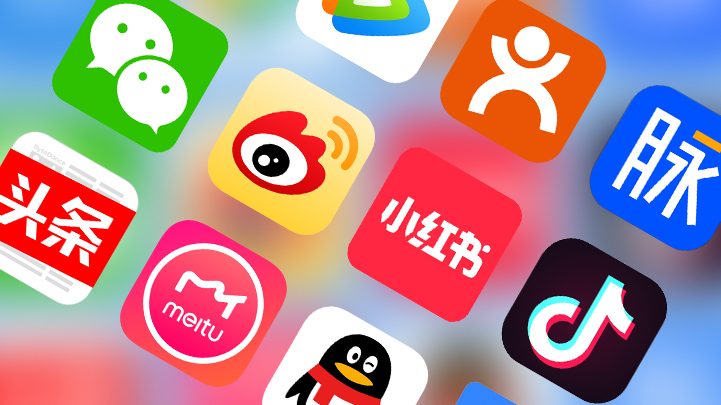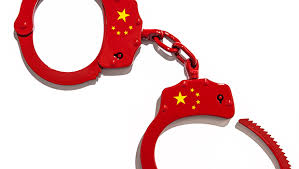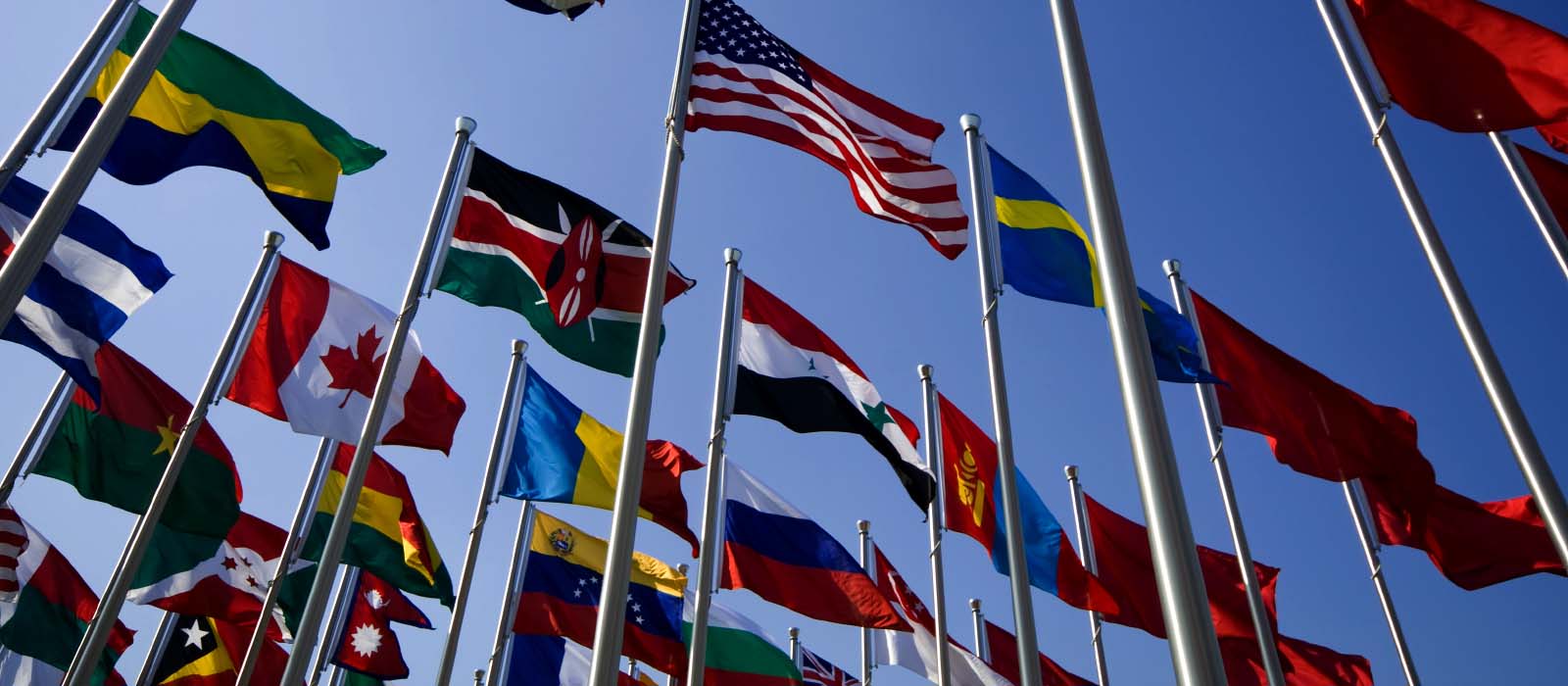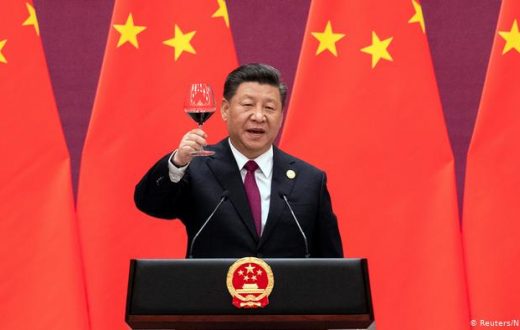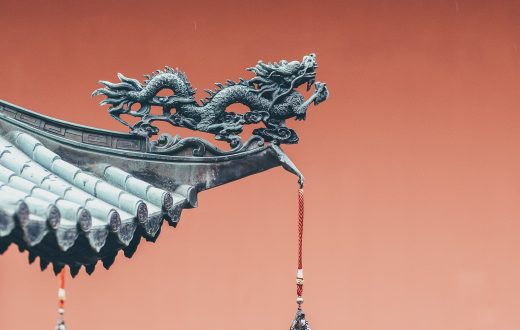China’s ‘Go-Global’ Media
China has revolutionized itself as one of the leading powers in the century. With its industrial and economic expansion, the country has set its foot across various sectors in the world. Efforts have been taken to counter the everlasting ‘Chinese Threat theory’ significant within Western media, through soft power strategies such as Nation branding; which is a practice to build favorable perspective of a nation through beneficial relationship building and positive publicity, China has been branding itself as having an ‘affable rise from the East’ through active cultural, traditional and media projections. Chinese media houses and their subsidiaries have played a major role in transforming the dismal attitude of ‘Brand China’ to an affluent one to its client states.[1] In 1999, China established the ‘Go-global’ policy which encouraged Chinese firms to invest abroad. As policy progressed, in 2015, under the leadership of Chinese Premier Xi Jinping ‘Belt and Road initiative’ was launched which saw an increase in the role of China in global media.[2] State owned channels such as CCTV, Xinhua news agency and China Radio International were rebranded and relaunched in the global media. CGTN (China Global Television Network) which is the international operation of CCTV, to enhance its global presence in languages such as English, Arabic, French, Spanish and Russian. Official apps and social media accounts of the channel were launched on Facebook, Instagram and Twitter. In terms of Radio, China Radio International (CRI), is now present in more than 70 countries stations with 18 internet radio services. ‘China Plus’ which is CRI’s global transmission network for news and events of have been a significant mouthpiece fir it across the world.[3] In print media, sponsored editorials in western newspapers such as The New York Times, London Times, and Washington Times. Other initiatives such as ‘China Watch’ have been added as supplement along with many popular newspapers.
China has also involved in ‘mergers and acquisitions’ with prominent media houses to expand its influence around the world there by ‘borrowing boat to reach the sea’. ‘XEWW 690’, a Mexican Radio station that streams across United States, was acquired by New York’s H&H Group in association with Chinese state controlled television network Phoenix media.[4] In Africa, China being the pioneers to invest in technology and infrastructure through ‘Belt and Road Initiative’, has dominated the communication and broadcasting sector. The transformation of television broadcast from analogue to digital was undertaken by ‘Star Times’ a satellite broadcast provider backed by the Chinese firms which provides subscription at economical rates. A combination of Chinese and African Channels with State’s propaganda has dominated the offering. African journalists are trained under Chinese media institute leading to an influx in the number of voices for brand China’s positive affiliation.[5] Control over newsmakers and their ownerships has facilitated controlled reporting style which often hinders contrary viewpoints. China’s efforts to ‘buy out’ and expand their media houses as prominent and credible organisations has helped in building a neutral and thus a favourable opinion regarding the Asian giant. This has also helped in reshaping the international media environment through journalism that re-draws the world information order.[6] The efforts taken by the English during the world wars to control the dissemination of news had ensured vast public support for the wartime effort[7]; in a similar way China has also effectively utilised its ‘going global’ policy to appeal to people of its client states to increase their trustworthiness and legitimising its presence in the world as an better alternative to the existing powers.
The acceleration of Chinese presence in global media seems to have built a ‘voice from Asia’[8]. Debates over recent the trade war and relationship of the Chinese Mainland with their allies have been given greater importance in international news coverages due to the inhibition of the Chinese news media.[9] The political inclination of countries that have been taking active part in the Ancient Silk road revival project towards has changed the world information flow from being one way which is from the west to an ‘alternative east’ challenging western constructs. Chinese media houses in Europe and Unites States have been actively endorsing a positive image building exercise through their supplements, editorials and its propaganda channels in order to persuade investors and therefore their common public to support its diaspora and also their foreign FDI[10]. Chinese media in Asian region is focused towards cultural exchanges and reviving historical relationships through economic expansion. In Africa and some Asian states, Beijing has dominated the market with technology and infrastructure investments making them a primary stakeholder in the management of the flow of information in these regions which has largely silenced the western critical view, parallel to the decades where ‘west’ the focus of the world news order was[11]. On a whole, China’s expansion into global media has played a major role in positive brand publicity of the nation which has helped the dragons to build a strong affiliation with its allies and increasing impressing the western players.
[1] China’s state media and the outsourcing of soft power. (2015, July 15). Asia Dialogue. Retrieved December 30, 2019, from https://theasiadialogue.com/2015/07/15/chinas-state-media-and-the-outsourcing-of-soft-power
[2] Yang, V. (n.d.). How Chinese media is going global. World Economic Forum. Retrieved December 30, 2019, from https://www.weforum.org/agenda/2015/08/how-chinese-media-is-going-global/
[3] He, L., Wang, R., & Jiang, M. (2019). Evaluating the effectiveness of China’s nation branding with data from social media. Global Media and China, 205943641988553.
[4] Bill-Gertz. (2019, October 11). Mexican Radio to Beam Chinese Propaganda. Washington Free Beacon. Washington Free Beacon. Retrieved December 30, 2019, from https://freebeacon.com/national-security/mexican-radio-beam-chinese-propaganda/
[5] Hruby, A. (2019, August 13). In Africa, China Is the News. Foreign Policy. Retrieved December 30, 2019, from https://foreignpolicy.com/2019/08/13/in-africa-china-is-the-news/
[6] Cook, S. (2018, December 16). The Globalization of China’s Media Controls: Key Trends from 2018. – The Diplomat. for The Diplomat. Retrieved December 30, 2019, from https://thediplomat.com/2018/12/the-globalization-of-chinas-media-controls-key-trends-from-2018/
[7] Macdonald, F. (2016, October 24). Culture – The psychological tricks used to help win World War Two. BBC. BBC. Retrieved December 30, 2019, from http://www.bbc.com/culture/story/20161021-the-psychological-tricks-used-to-help-win-world-war-two
[8] Gunia, A. (2019, March 25). China: Interference in Foreign Media is Growing, Report Says. Time. Time. Retrieved December 31, 2019, from https://time.com/5557951/china-interference-global-media/
[9] Lim, L., & Bergin, J. (2018, December 7). Inside China’s audacious global propaganda campaign. The Guardian. Guardian News and Media. Retrieved December 31, 2019, from https://www.theguardian.com/news/2018/dec/07/china-plan-for-global-media-dominance-propaganda-xi-jinping
[10] Marsh, V. (2018). Re-Evaluating China’s Global Media Expansion. Westminster Papers in Communication and Culture, 13(1), 143–146.
[11] China is ramping up its media abroad – and not just in Chinese. (2019, July 3). The Christian Science Monitor. The Christian Science Monitor. Retrieved December 31, 2019, from https://www.csmonitor.com/World/Asia-Pacific/2019/0703/China-is-ramping-up-its-media-abroad-and-not-just-in-Chinese

